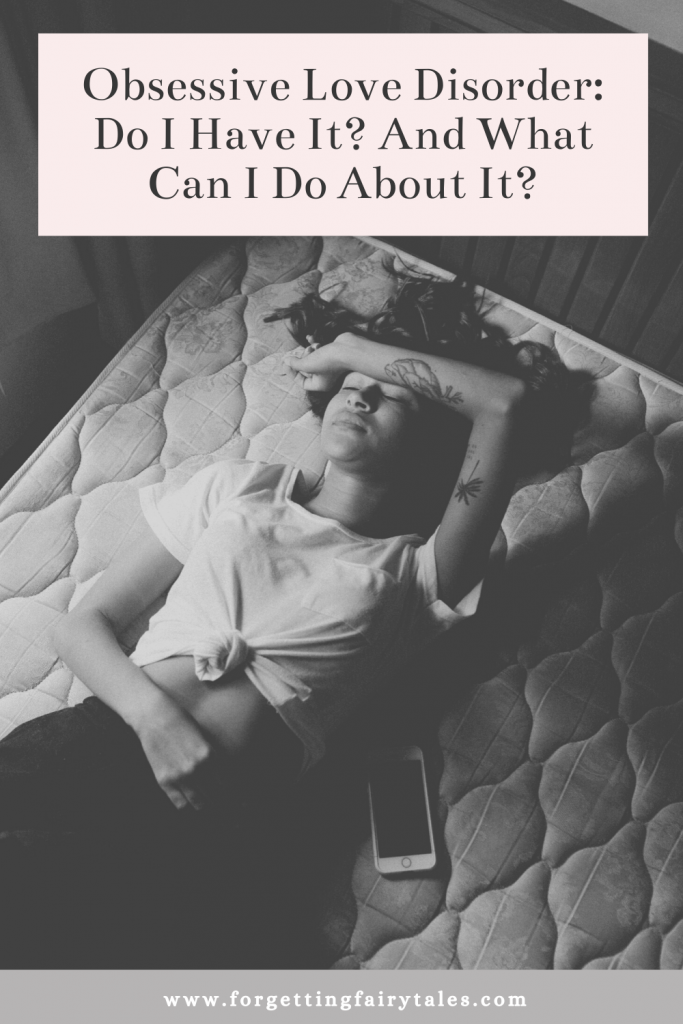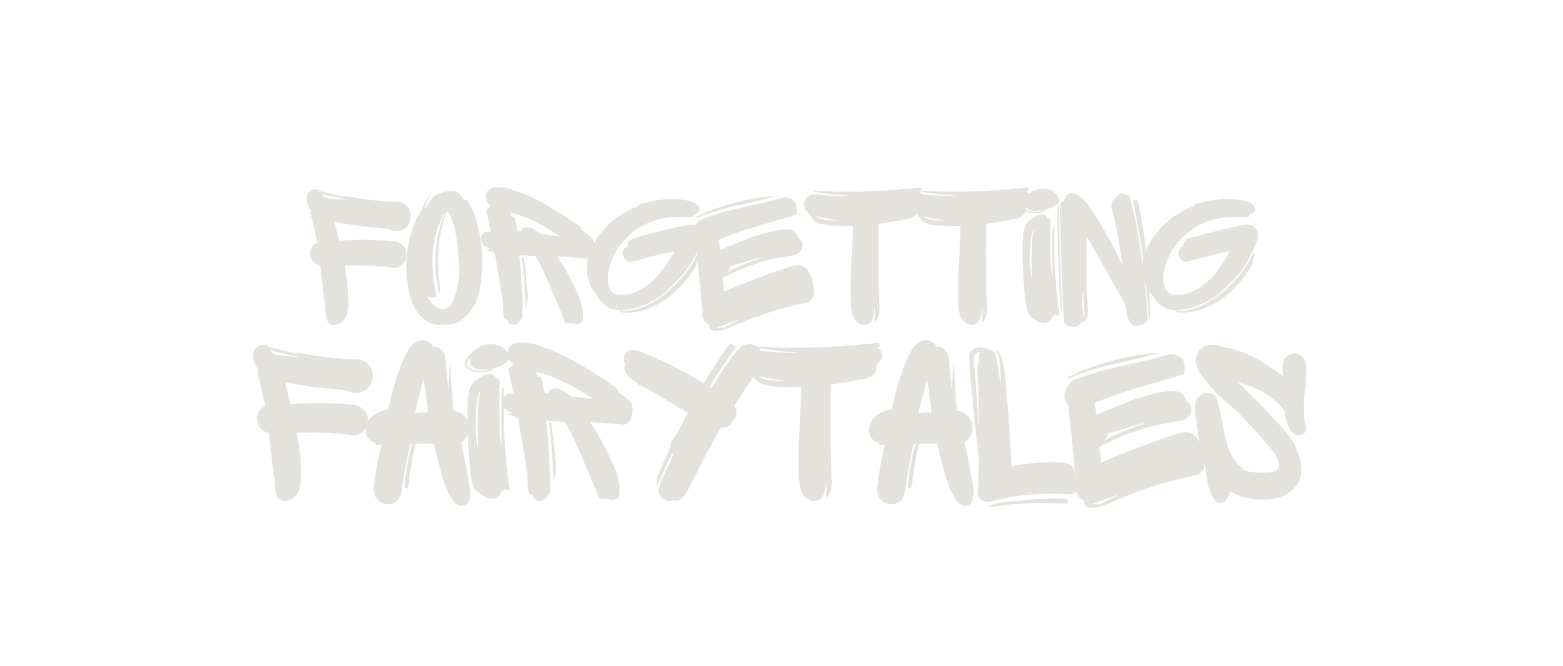Obsessive Love Disorder is actually a thing. Uh huh. It’s a condition where you become obsessed with a person that you think you’re in love with.
It can make you do some pretty irrational stuff, acting out of the need to protect your loved one obsessively. This often crosses over with controlling behaviour – as if your love interest is actually your possession.
It’s not talked about a great deal, but it is closely linked with other medical conditions and you can actually get professional, medical help for Obsessive Love Disorder.
So I thought I’d shine a light on it in this article, whilst offering some recommendations for what you can do if it all sounds a little too familiar.
What Is Obsessive Love Disorder?
To get a little clearer on Obsessive Love Disorder, it’s a condition that is characterised by a person feeling an overwhelming obsessive desire to protect and/or possess another.
Everyone feels a natural desire to love and be loved. However people with Obsessive Love Disorder have an altered perception of what love is…
They will obsess over the person, like they are their addiction, constantly thinking about them or pushing for excessive contact with them.
They just want to be with the person constantly, and when they’re not, they’re reaching out, thinking about them, finding ways to speak to them, going over things about them in their head.
This person completely takes over their life – to the point where it actually starts affecting other areas, like their work, studies or social life. They’re just unable to focus on anything else.

Common Signs of Obsessive Love Disorder
What are some of the signs of obsessive love disorder?
Well, it depends on the cause of the obsessive love disorder. It is also likely to affect different people in different ways, depending on your character.
However, building on what I’ve explained above, a few things worth looking out for…
- An intense preoccupation with the relationship that is disproportionate to its length.
- Immediately falling “in love” with new partners, or even with strangers. (Which is far more extreme than just the simple pattern of just falling for people too fast.)
- Extreme attempts to control the other person.
- Possessive and clingy behaviour and thoughts.
- Demanding specific unreasonable behaviours from the other person.
- Difficulty having friendships or maintaining contact with family members because of the obsession over one person.
- Neglect of other daily activities, such as work or hobbies.
- A willingness to inconvenience oneself just to be in contact with the person who is the object of affection.
- Feeling a territorial desire to protect the loved one.
- Using manipulation to keep the person closer.
- A constant need for affirmation and reassurance.
- Abnormal difficulty dealing with rejection, and ongoing low self-esteem.
- A high level of dependency on the person, with a lack of boundaries / refusal for boundaries.
- Close monitoring of the loved one’s whereabouts and activities.
- Controlling where the other person goes and the activities they engage in.
- Repeated phone calls and text messages to the person you’re obsessed with.
- Stalking him/her physically or via social media.
- Extreme, delusional and out-of-control jealousy.
- In some cases, those with obsessive love disorder might even resort to violence or threats to control the behaviour of the person. (Yikes.)
Causes of Obsessive Love Disorder
Obsessive Love Disorder really isn’t very nice, for anyone involved. If you’re concerned that you have it, and are beating yourself up about it – please don’t.
You’re not a monster, or losing your mind.
The causes of Obsessive Love Disorder can be far and wide, starting from anything like obsessive behaviours or low self esteem. Some other factors that can also pull into it, include:
- Mental Health Disorders such as Bipolar, Schizophrenia or Erotomania.
- Borderline Personality Disorder.
- Attachment Disorders / Fear of Abandonment.
- Obsessional or Delusional Jealousy.
- Obsessive Compulsive Disorders.
- Past Traumas or other Mental Health Conditions (e.g. Depression)

Treatment Of Obsessive Love Disorder
Luckily, Obsessive Love Disorder can be treated. If you go to the doctors, it is a recognised disorder and your GP can help to get to the source of the problem.
Medications like anti-anxiety, anti depressions, antipsychotics and mood stabilisers can also help. However, they’re not the only route to go down…
Specialist coaching or therapy is often a great option, and as part of this you will be taught coping mechanisms – things to do to replace your obsessive behaviours, and ways in which to recognise when it is happening before it escalates.
There are also things you can do yourself, to help to ease the effects. This includes:
- Avoiding contact with the person – which means stopping seeing them (if the relationship has come to an end), blocking them on social media and removing all reminders of them, including photos and gifts. Like any addiction, the more you expose yourself to it, the greater the need becomes.
- Writing down all feelings toward the person of the obsessive love, then tearing up that page as a symbolic destruction of those feelings.
- Wearing a rubber band on the wrist and snapping the rubber band when obsessive thoughts enter the mind.
- Finding healthful and absorbing distractions, such as reading, painting, or playing a musical instrument.
- Spending time with friends and trying to keep busy.
- Practicing mindfulness or meditation to calm your mind, and shift your mindset. In fact, learning how to become more emotionally stable as a whole will really benefit you.
Don’t Let Obsessive Behaviours Beat You…
Obsessive Love Disorder doesn’t have to be a problem. You can work through it. You can learn to create new, healthy relationships that really last.
The starting point is simply identifying the issue and getting the help you need.
Don’t think you’re quite at the point of Obsessive Love Disorder, but are aware of your obsessive behaviours? Then here’s the 10 step process to stop obsessing over him.
Because that’s the good thing – there’s fundamental strategies you can follow to make all of this easier. So don’t give up!
Take care and let’s keep removing the stigmas.
Love,
Ell_xx



Thank you for writing this. I actually cried while reading this, i have been been obsessing over someone for 7 years and feel another one coming on. Was really hating these feelings and myself and this really helped.